Farmers in the Netherlands continue to protest this week, with thousands joining tractor blockades and demonstrations across the country.
The protests against government plans to make farmers reduce production, relocate or exit the sector have seen supermarket distribution centres and main roads blockaded.
A nationwide 15-minute strike will take place on Friday 15 July at 3pm where Dutch farmers and non-farmer supporters will stall traffic and call for fair treatment, according to farmer unions.
Reports of a bullet being fired at the cab of a tractor which a 16-year-old boy was sitting in during one of the blockades at Heerenveen, Friesland, have spurred on farming protesters further.
Dutch tillage farmer Lenno Vermass said that the bullet hit “between the door and the rear window” and that the “steel of the cab took the bullet”.
‘Conversation’ required
The Dutch government says it aims to cut nitrogen emissions by 50% by 2030 and to achieve this, a €25bn plan will support farmers to innovate, change to less intensive systems, relocate or exit the sector.
The country has been zoned, with nitrogen emissions reduction targets between 12% and 90% applied to each area depending on its soil and water quality.
In a statement to the Irish Farmers Journal, a spokesperson for Dutch minister for nature and nitrogen policy Christianne van der Wal-Zeggelink, the cabinet lead on nitrogen targets, said: “We can’t afford to change these goals. We now have a court decision that forces us to act. The protests can be resolved through conversation so we call on you to sit down with Remkes.”
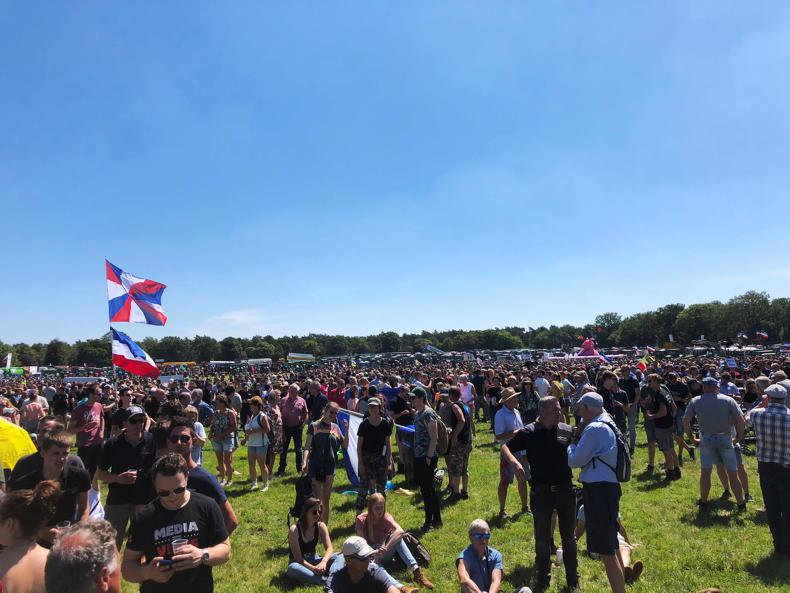
Farmers protesting in the Netherlands. \ Pieter Sikkema
Johan Remkes, the deputy prime minister of the Netherlands from 2002 to 2003, has been appointed by “request of the Dutch parliament” as a moderator to secure resolution between farmers and the government.
The Dutch Organisation for Agriculture and Horticulture (LTO Nederland) said “in principle, we are open to a discussion” with Remkes, who they described as a “heavyweight”.
“However, it is crucial that we can discuss the real pain points with the mediator and the cabinet,” the farm organisation said.
It said that if, within these talks, the “space is not there” for discussion on the “timeline and the way in which [nitrogen] reductions can be achieved, then a conversation is simply pointless”.
‘Ending farming’
Speaking from his farm at Renswoude, Utrecht, veal farmer Frank Mandersloot said: “I’m always for speaking first, then protest, but there’s nothing to speak about. We fear for the future of our country. They want to give you money but then you will never be able to farm again.”
Mandersloot described how his farm has been in his family for 110 years but said he is currently 75% certain he won’t be farming in the future.
“Maybe I’ll be the one to stop it and it’ll be because of poor regulation and government proposals. If these plans don’t end, you’re ending farming in the Netherlands.”
Nitrogen target zoning has caused major farmer anger, with Mandersloot explaining that for his land, the target is 12% but “500m to the next farm, it’s 70%-90%”.
The 35-year-old said that he had plans to invest in a new shed but that due to the government laws, the “banks are now giving so little to farmers”.
“I want to invest but what’s happening is very difficult. You can’t get permits and I don’t know what the regulations will be in five years.”
‘Work together’
Mandersloot said the farmer protests “can stop if we can have good conversation” and called for farmers and government to “work together” with “new innovation and technology”.
The LTO said: “We are angry and distraught about the Government’s policy. We draw attention to this in an appropriate and dignified manner through authorised demonstrations and actions.”
Furthermore, in recent days, German farmers have met their Dutch peers for shared protests at the border. Farmers in Poland and Italy have also started tractor blockades.
Meanwhile, farmers have joined protests in Sri Lanka which have seen its presidential palace swarmed. The demonstrations have forced President Gotabaya Rajapaksa into hiding. Sri Lankans blame Rajapaksa for their worst economic crisis in decades, with farmers experiencing soaring input costs, a ban on chemical fertiliser and grain shortages. Food for the wider population is, therefore, short in supply.
Farmers in the Netherlands continue to protest this week, with thousands joining tractor blockades and demonstrations across the country.
The protests against government plans to make farmers reduce production, relocate or exit the sector have seen supermarket distribution centres and main roads blockaded.
A nationwide 15-minute strike will take place on Friday 15 July at 3pm where Dutch farmers and non-farmer supporters will stall traffic and call for fair treatment, according to farmer unions.
Reports of a bullet being fired at the cab of a tractor which a 16-year-old boy was sitting in during one of the blockades at Heerenveen, Friesland, have spurred on farming protesters further.
Dutch tillage farmer Lenno Vermass said that the bullet hit “between the door and the rear window” and that the “steel of the cab took the bullet”.
‘Conversation’ required
The Dutch government says it aims to cut nitrogen emissions by 50% by 2030 and to achieve this, a €25bn plan will support farmers to innovate, change to less intensive systems, relocate or exit the sector.
The country has been zoned, with nitrogen emissions reduction targets between 12% and 90% applied to each area depending on its soil and water quality.
In a statement to the Irish Farmers Journal, a spokesperson for Dutch minister for nature and nitrogen policy Christianne van der Wal-Zeggelink, the cabinet lead on nitrogen targets, said: “We can’t afford to change these goals. We now have a court decision that forces us to act. The protests can be resolved through conversation so we call on you to sit down with Remkes.”

Farmers protesting in the Netherlands. \ Pieter Sikkema
Johan Remkes, the deputy prime minister of the Netherlands from 2002 to 2003, has been appointed by “request of the Dutch parliament” as a moderator to secure resolution between farmers and the government.
The Dutch Organisation for Agriculture and Horticulture (LTO Nederland) said “in principle, we are open to a discussion” with Remkes, who they described as a “heavyweight”.
“However, it is crucial that we can discuss the real pain points with the mediator and the cabinet,” the farm organisation said.
It said that if, within these talks, the “space is not there” for discussion on the “timeline and the way in which [nitrogen] reductions can be achieved, then a conversation is simply pointless”.
‘Ending farming’
Speaking from his farm at Renswoude, Utrecht, veal farmer Frank Mandersloot said: “I’m always for speaking first, then protest, but there’s nothing to speak about. We fear for the future of our country. They want to give you money but then you will never be able to farm again.”
Mandersloot described how his farm has been in his family for 110 years but said he is currently 75% certain he won’t be farming in the future.
“Maybe I’ll be the one to stop it and it’ll be because of poor regulation and government proposals. If these plans don’t end, you’re ending farming in the Netherlands.”
Nitrogen target zoning has caused major farmer anger, with Mandersloot explaining that for his land, the target is 12% but “500m to the next farm, it’s 70%-90%”.
The 35-year-old said that he had plans to invest in a new shed but that due to the government laws, the “banks are now giving so little to farmers”.
“I want to invest but what’s happening is very difficult. You can’t get permits and I don’t know what the regulations will be in five years.”
‘Work together’
Mandersloot said the farmer protests “can stop if we can have good conversation” and called for farmers and government to “work together” with “new innovation and technology”.
The LTO said: “We are angry and distraught about the Government’s policy. We draw attention to this in an appropriate and dignified manner through authorised demonstrations and actions.”
Furthermore, in recent days, German farmers have met their Dutch peers for shared protests at the border. Farmers in Poland and Italy have also started tractor blockades.
Meanwhile, farmers have joined protests in Sri Lanka which have seen its presidential palace swarmed. The demonstrations have forced President Gotabaya Rajapaksa into hiding. Sri Lankans blame Rajapaksa for their worst economic crisis in decades, with farmers experiencing soaring input costs, a ban on chemical fertiliser and grain shortages. Food for the wider population is, therefore, short in supply.






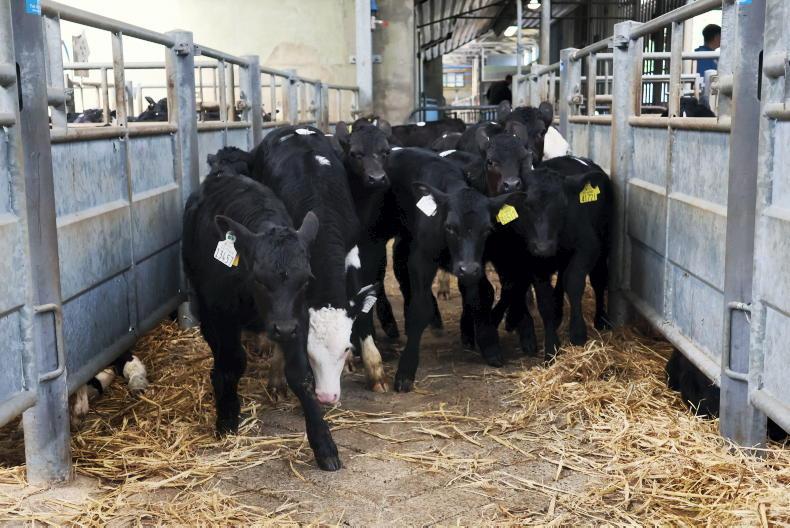

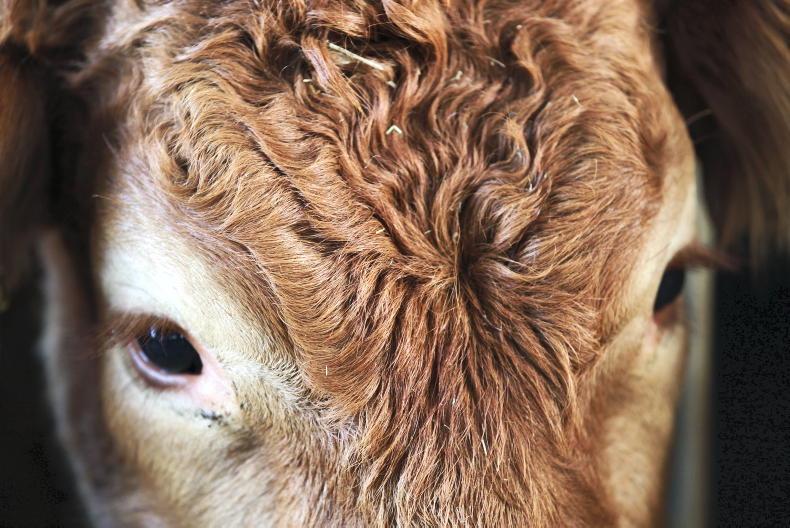
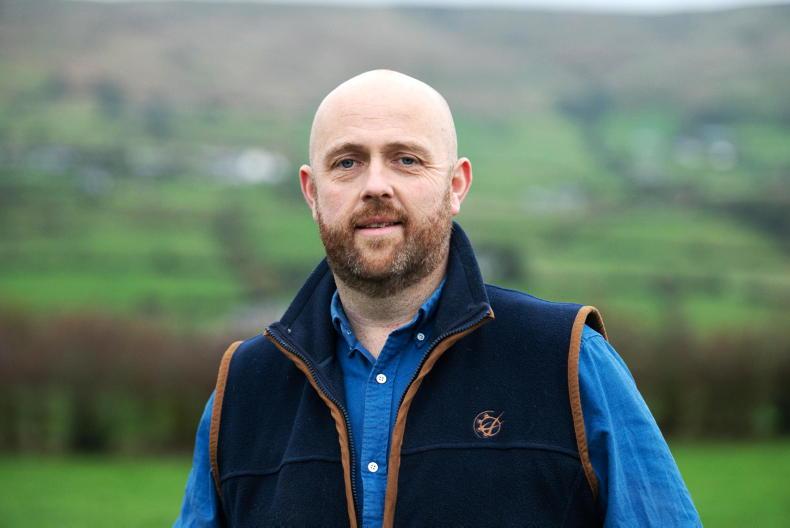
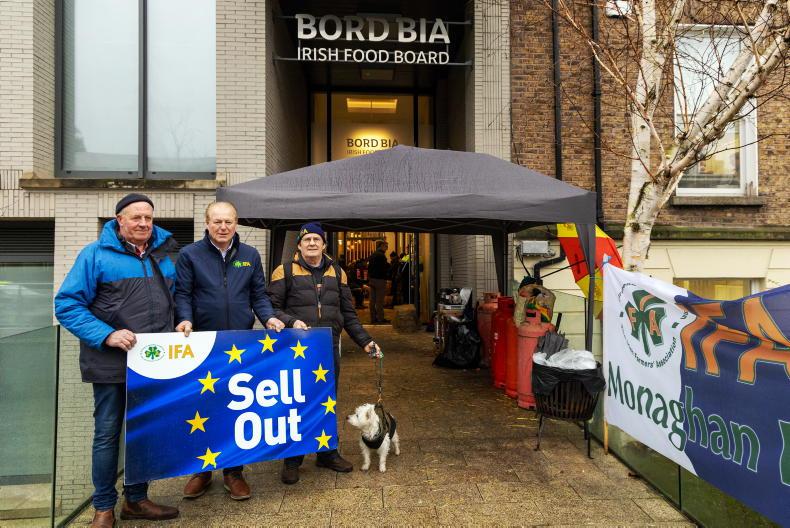
SHARING OPTIONS